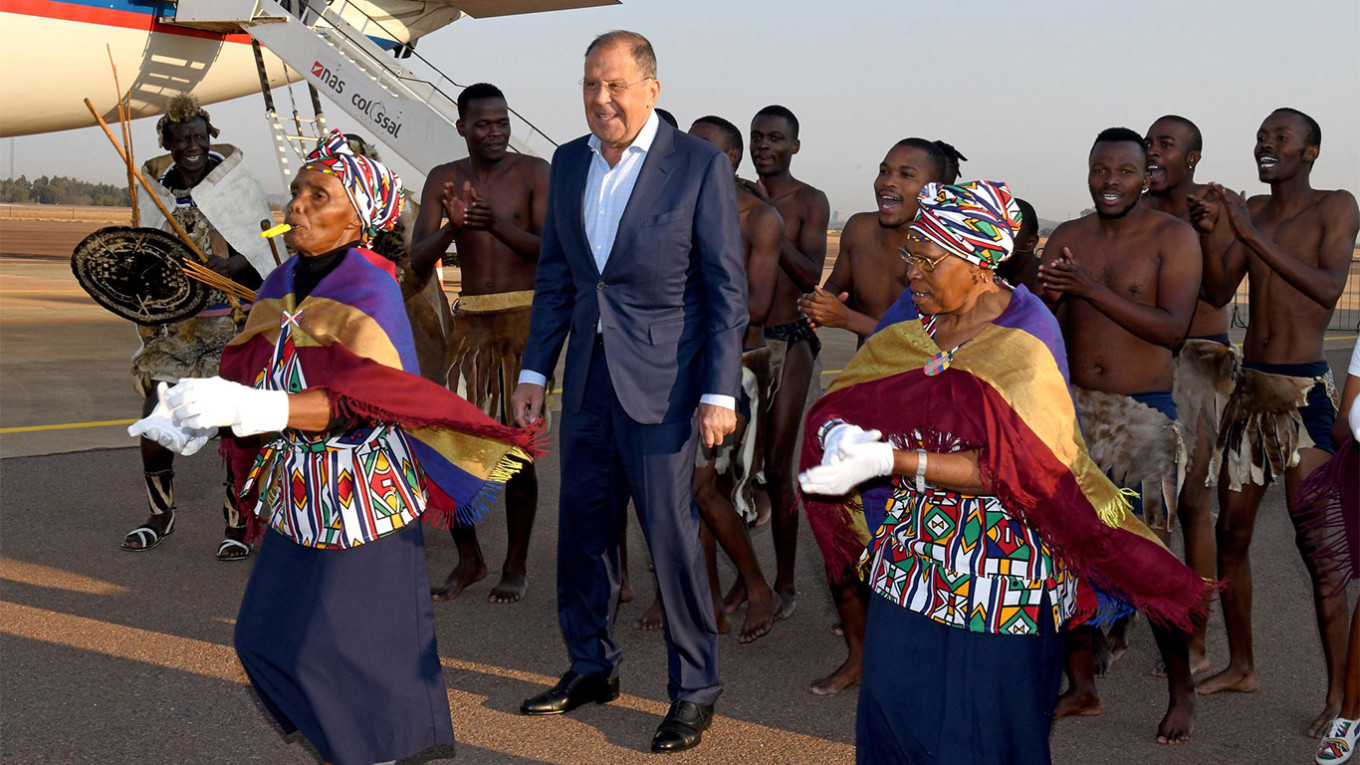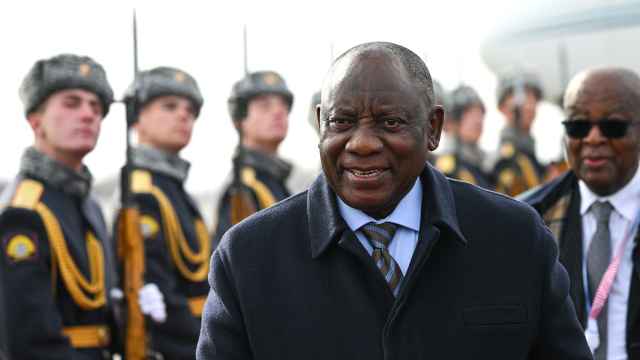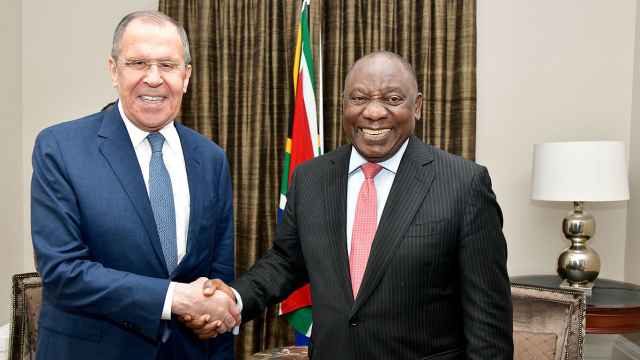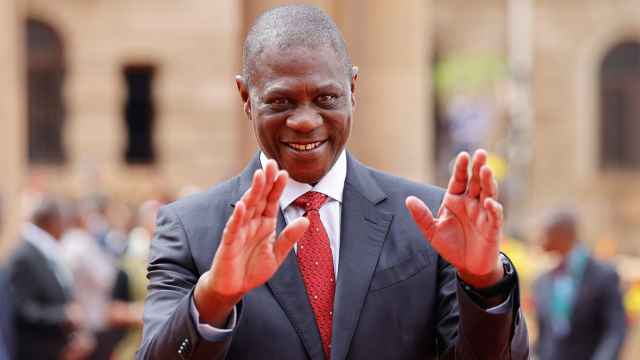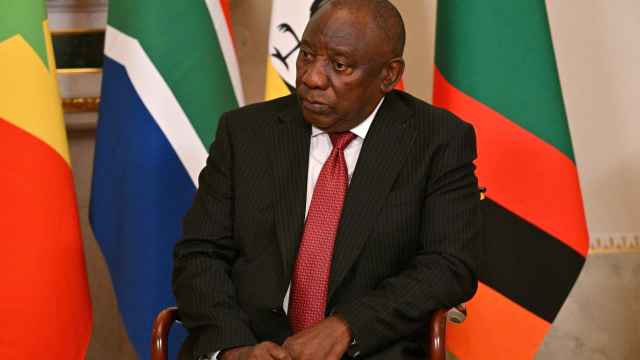Russian Foreign Minister Sergei Lavrov on Tuesday arrived in South Africa, where he will head Russia’s delegation at the annual BRICS summit this week.
Lavrov was greeted by a group of dancers and musicians upon disembarking his plane in Johannesburg on Tuesday morning and was seen briefly dancing along with the performers.
The Kremlin confirmed last month that President Vladimir Putin would not attend the summit in person after the International Criminal Court (ICC) issued a warrant for his arrest and a botched mutiny by the Wagner mercenary outfit created a domestic crisis.
South Africa, which has not condemned Russia’s 2022 invasion of Ukraine, faced a diplomatic dilemma in hosting the Russian leader, who was indicted by the ICC over the illegal deportations of Ukrainian children.
Putin explained the decision to appear at the summit virtually by saying he did not think his “presence at the BRICS summit was more important” than his “presence here in Russia right now.”
On the eve of his arrival to South Africa, Russia's Foreign Ministry published an essay in which Lavrov denounced the “colonial and racist manners” of “Western elites” and championed BRICS as a symbol of “honest inter-state communication.”
“Russia has consistently stood for strengthening the position of the African continent in a multipolar world order,” he wrote, adding that Moscow would support African nations in “their aspirations to play an increasingly significant role in resolving” global issues.
The BRICS summit to be held in Johannesburg on Aug. 22-24 is a key event for Putin, as it fits with his strategy of seeking to display a formidable counterweight to Western hegemony.
South Africa is the current chair of BRICS, which in addition to Russia includes Brazil, India and China.
A Message from The Moscow Times:
Dear readers,
We are facing unprecedented challenges. Russia's Prosecutor General's Office has designated The Moscow Times as an "undesirable" organization, criminalizing our work and putting our staff at risk of prosecution. This follows our earlier unjust labeling as a "foreign agent."
These actions are direct attempts to silence independent journalism in Russia. The authorities claim our work "discredits the decisions of the Russian leadership." We see things differently: we strive to provide accurate, unbiased reporting on Russia.
We, the journalists of The Moscow Times, refuse to be silenced. But to continue our work, we need your help.
Your support, no matter how small, makes a world of difference. If you can, please support us monthly starting from just $2. It's quick to set up, and every contribution makes a significant impact.
By supporting The Moscow Times, you're defending open, independent journalism in the face of repression. Thank you for standing with us.
Remind me later.


